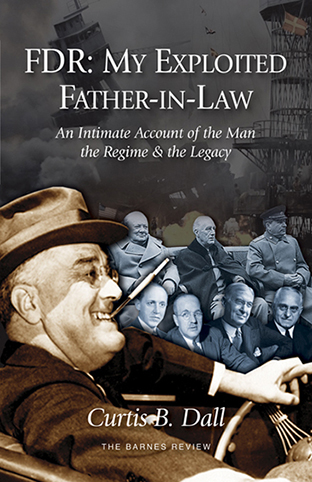Description
 The Bombers and the Bombed: Allied Air War over Europe 1940-1945
The Bombers and the Bombed: Allied Air War over Europe 1940-1945
By Richard Overy. Writing to President Franklin Roosevelt in 1943 about a recent Allied bombing of the Bulgarian capital, British Prime Minister Winston Churchill said: “If the medicine has done good, let them have more.”
Bulgaria was on the Axis side at the time, and an enemy of Britain and the U.S. But as British historian Richard Overy shows, the Allies also dished out plenty of harsh medicine to the conquered European countries on their side.
In this survey of the American and British bombing campaign in Europe during World War II, Overy breaks new ground by revealing that almost a third of the bombs the Allies dropped on the continent were on occupied countries that they were trying to “liberate”!
There was some justification for attacking certain targets in France, the Netherlands and Norway, since the Germans had converted industry in these countries for their own use. But Overy shows that the wildly inaccurate heavy bombers of the period were too blunt an instrument for “surgical strikes,” and ended up killing 75,000 civilians in countries that were on the Allied side.
This tragedy was repeated on a larger scale in the Axis nations, where the U.S. and Britain paid lip service to the idea of bombing only “strategic” targets, but knew perfectly well that the goal was to raze entire cities.
Like many military historians of the recent era, Overy is inclined to give the Allies a pass for this barbaric strategy, arguing “issues that seemed black and white before the war and do so again today were colored in many shades of gray during the conflict.”
But the Allied decision-making process in the bombing war, which he does an excellent job of describing, can be judged easily enough. It is a story of expediency trumping basic morality at every turn.
We get a clear sense that, except for a few bloodthirsty figures, British and American planners were fully aware they had crossed a line with their civilian bombing war. But they continued to pursue it regardless of the implications.
In Overy’s reading, the fact that the bombers almost never succeeded at the military and political goals they were assigned did little to stop them from being sent out, with increasing regularity and in ever-larger numbers. The result was 600,000 dead European civilians, and an indelible stain on the “good war” of the Allies.
Paperback, 592 pages


